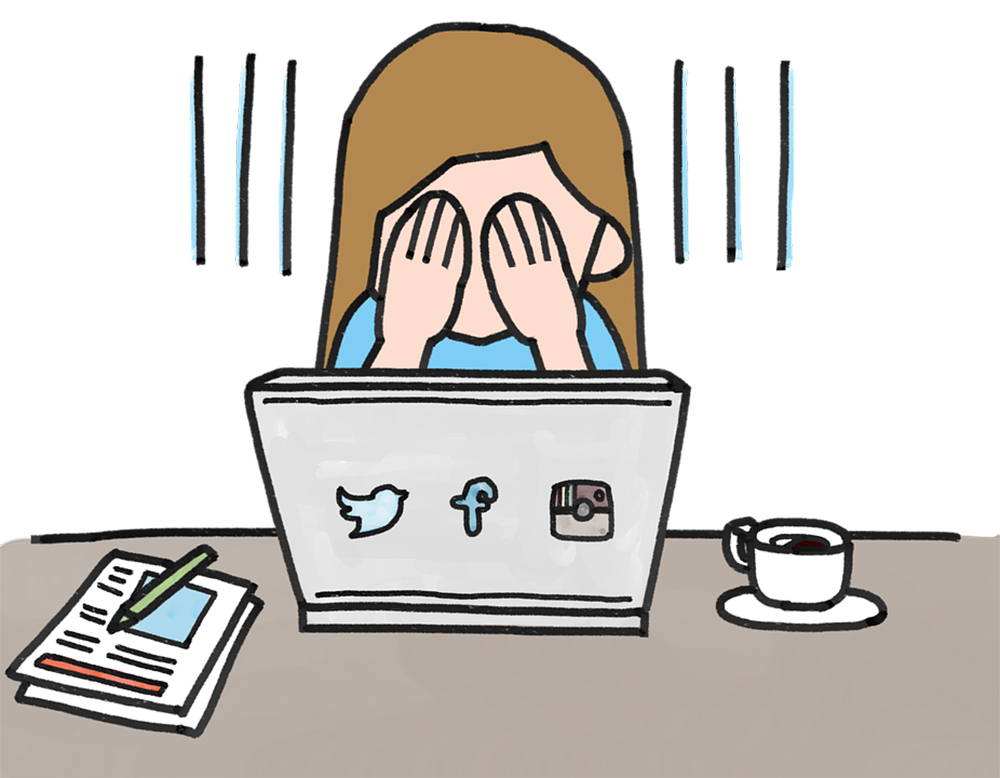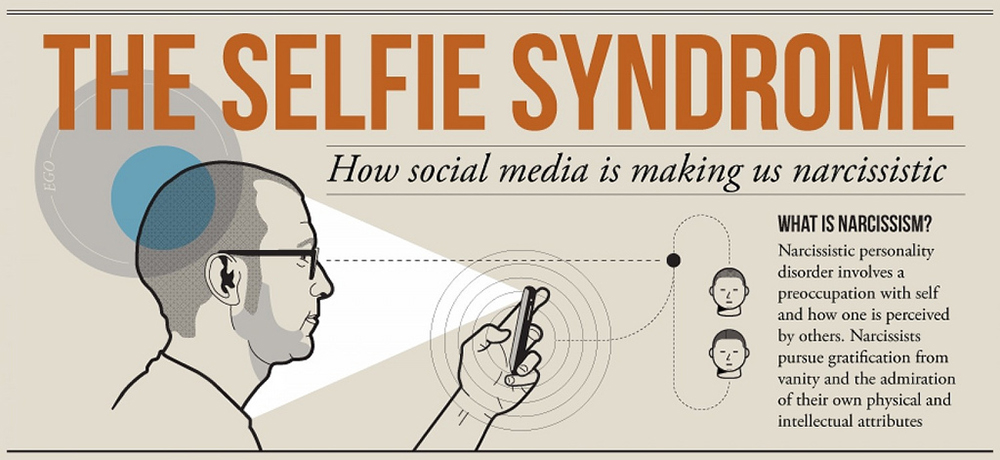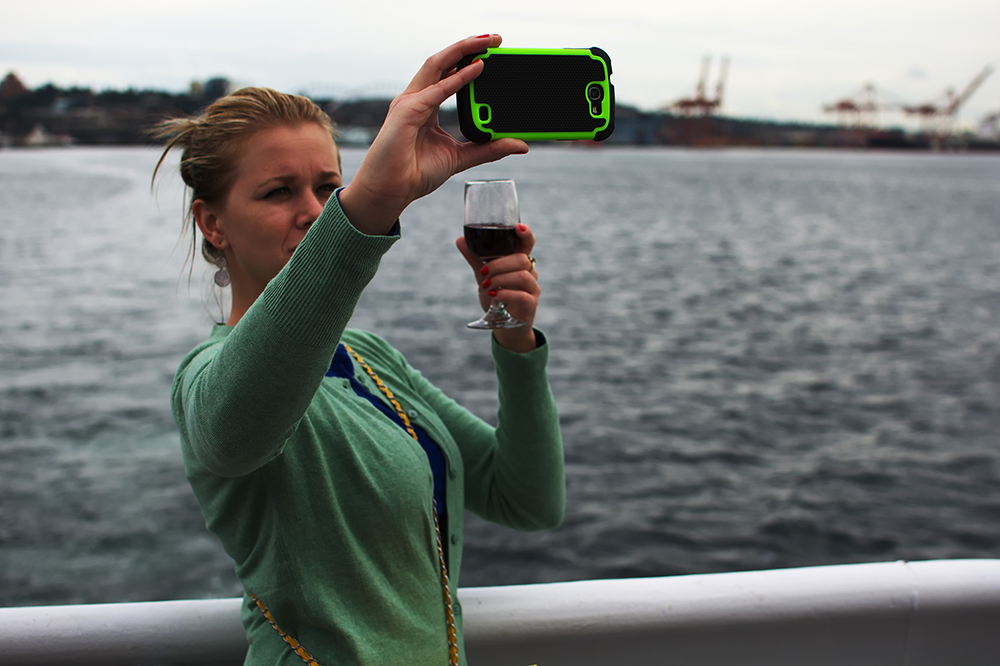Are we addicted to social media?
Dec 21, 2017

If a tree falls in a forest and no one is there to Instagram it, did it really happen? Collectively we are posting over 34.5 billion Instagram posts a year, presumably 34 billion of which are coffees and sub-par meals. That’s 95 million per day. Let that sink in for a second. Companies are even taking note: the Conrad Hilton in the Maldives announced an Instagram butler program last October, you can rent DJI drones at Marriott Zhejiang, and you can even hire your own ‘Instagram husband’. The world has learned about the value of social and they are embracing it with open arms. Yet, while Instagram and other social platforms are great communication tools—at what point do we stop using them and they start using us?
Gizmodo just released a story chronicling the interesting relationship many former social media founders and veterans have with, well, social media. Surprisingly, they’re not too happy with that they are seeing, with former Facebook president Sean Parker saying, “God only knows what it’s doing to our children’s brains” since they create a “a social-validation feedback loop.” He even goes so far as to claim, “The short-term, dopamine-driven feedback loops we’ve created are destroying how society works.”

Addiction is a real thing and as scientists have learned in recent decades, the disorder isn’t just the common drug addictions that we are familiar with. There is sexual addiction, gaming addiction, gambling addictions and yes, even social media addiction. Have we become social media-addicted? It’s hard to say—or perhaps just hard to admit.

A huge wakeup call was how much of an impact social media had over the American elections. If it had the power to shape the most important election in the world, then of course, it has the power to shape our daily lives. We’ve seen stars emerge from nowhere because what was once impossible in terms of reach, is suddenly possible.
Whole industries have emerged to utilise this newfound technology of the self-obsessed, and now we are living in a world that is arguably run by social media. Think back to the example of the Instagram butler or Instagram boyfriend services. Even when on vacation, rather than thinking about relaxing, we are thinking about what it looks like to relax. No longer can we escape the blue glows of our phones.

But that’s not to say that social media is bad. To be honest, it’s just like every other form of communication. The only difference is that this form of communication speaks directly to one’s self worth. But that’s not necessarily a bad thing. We can lift people up, or we can put people down. We’ve seen many great and terrible things come from it and it will inevitably be a part of life going forward.
Unfortunately, the pace at which it was adopted has given us little time to reflect on its effects or its ethics. Should we control ourselves on social usage? Probably. Having a social feed dictate how you live your life probably isn’t the best way to be living.
Who knows what will happen; we are, after all, still in the infancy of social media. What we do know is that one day anthropologists and historians will look back upon this time and study the effects of the radical leap of faith that we took with social media, its effects on us, and perhaps more importantly, its effects on them.
This article reflects the views and opinions of the author and does not necessarily represent the views of #legend.




























